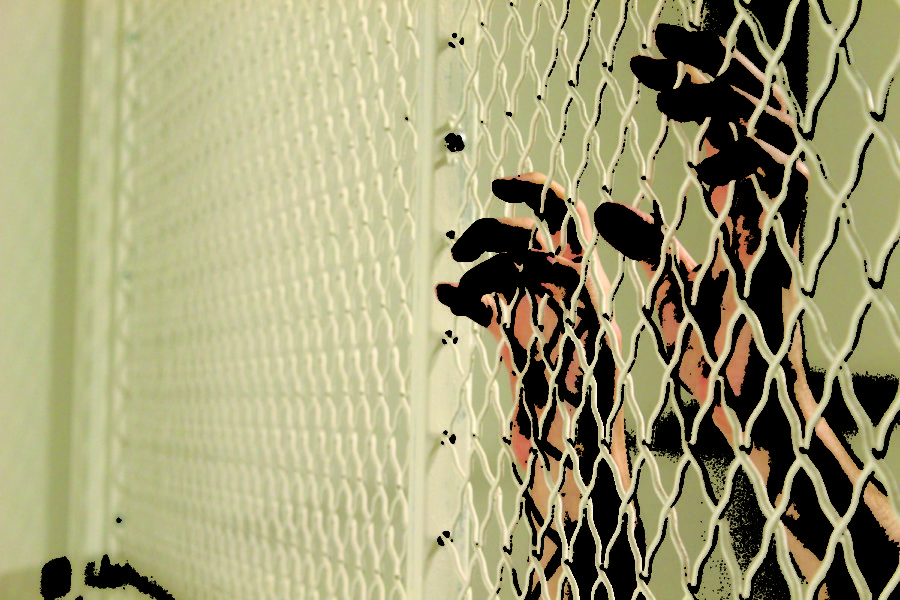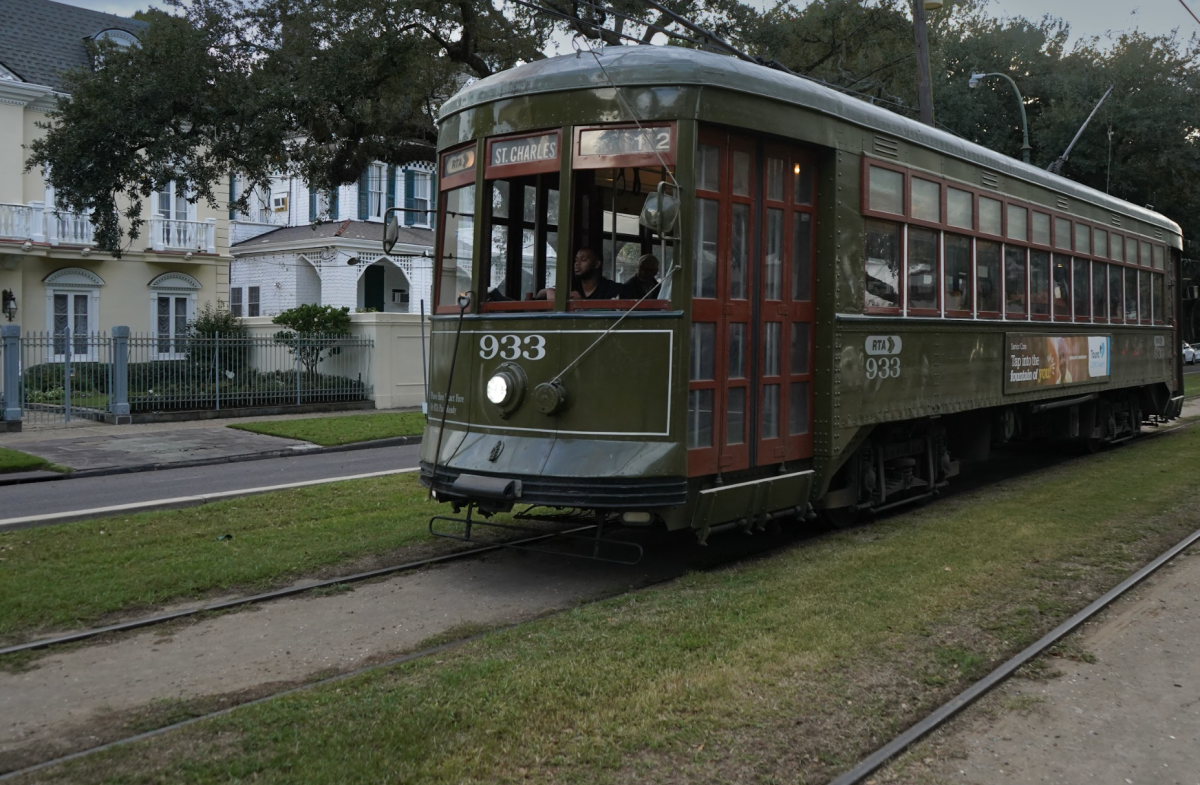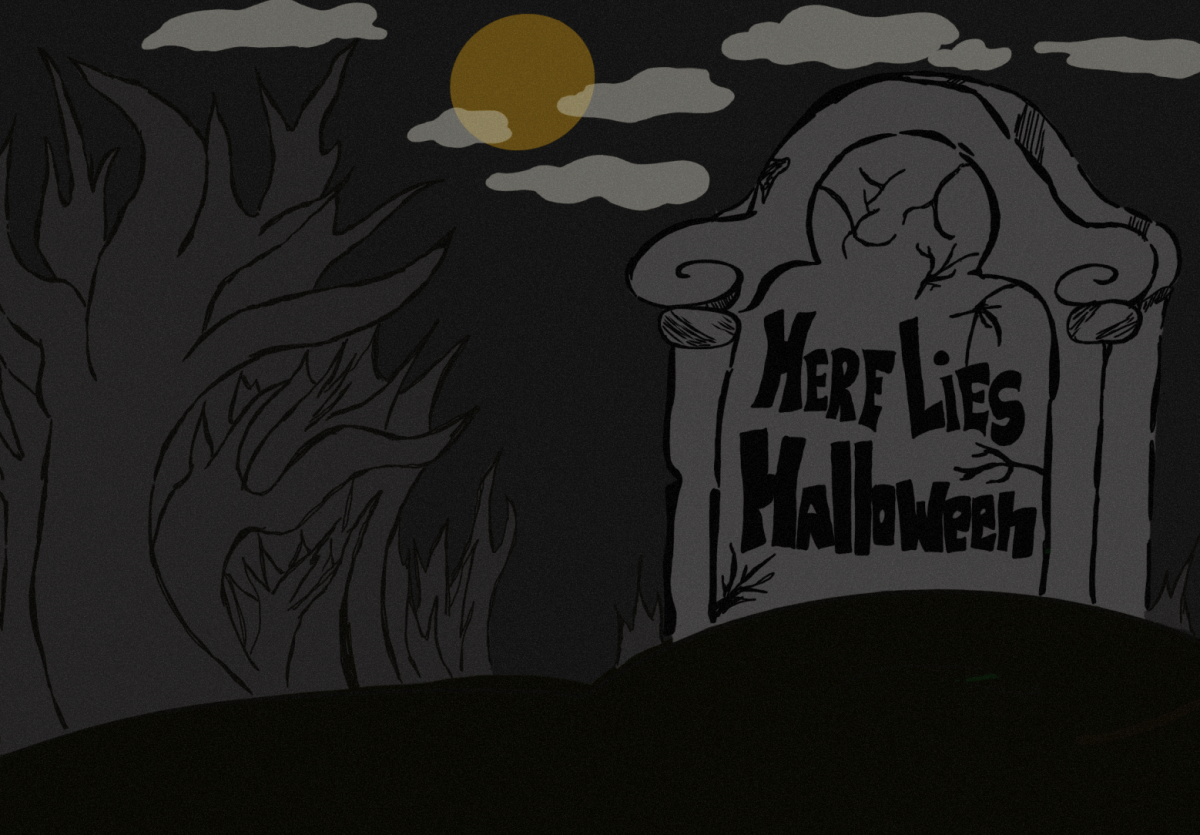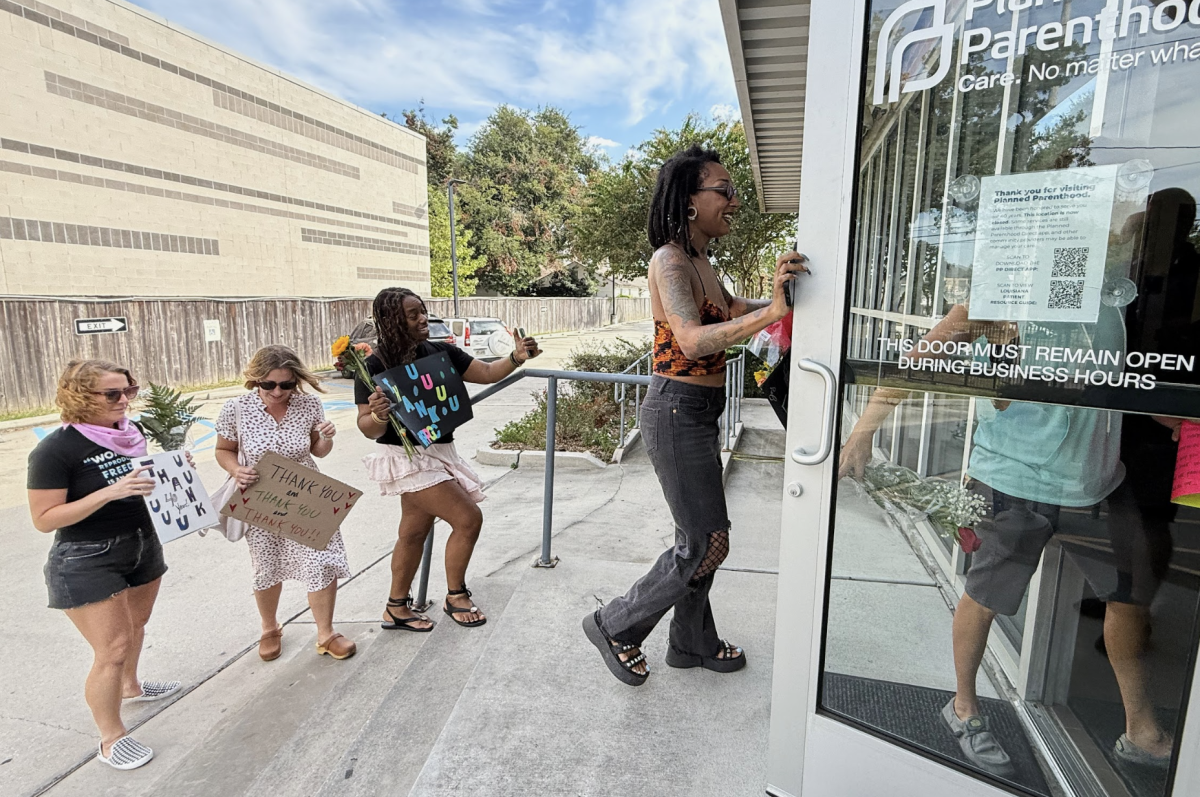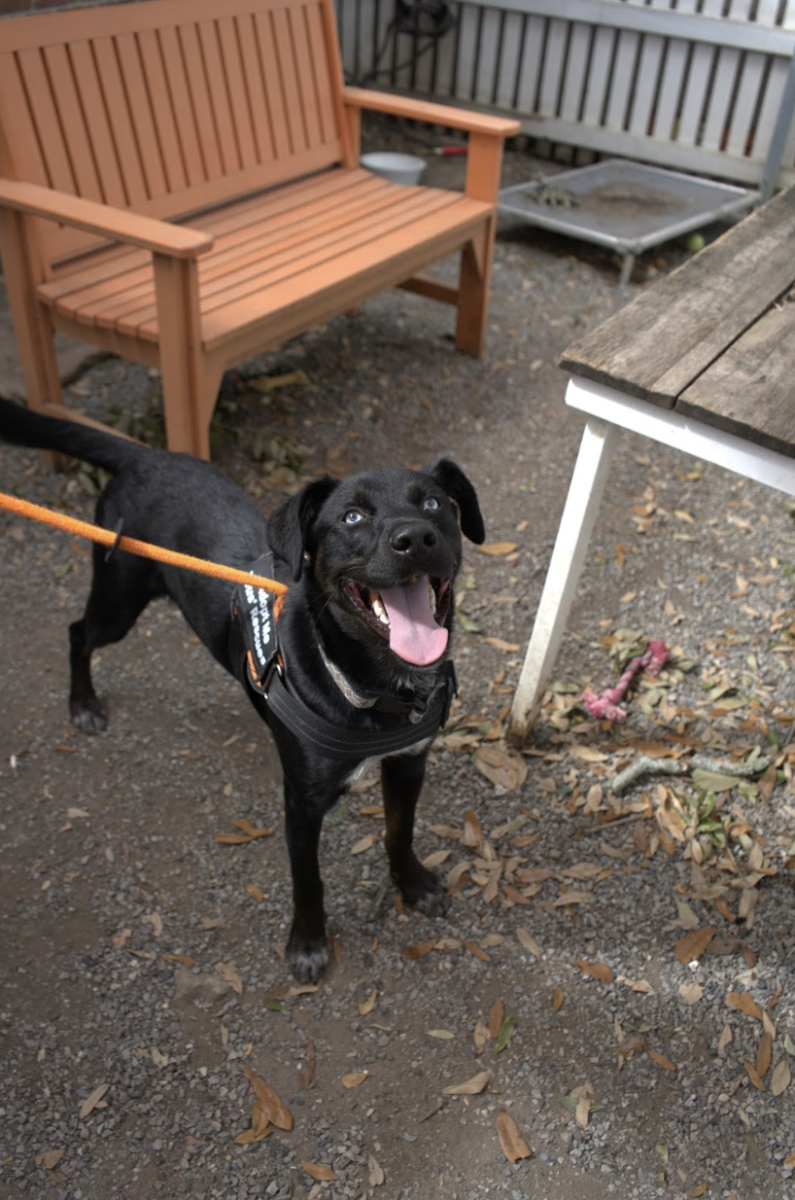The fact that Louisiana is the state with the nation’s highest incarceration rate is often stated in conversations about the topic.
But no matter how often we hear this, it doesn’t become less daunting. Until recently, little has been done legislatively to keep people out of prisons like the Louisiana State Penitentiary, better known as Angola and also nicknamed the “Alcatraz of the South.”
It’s the largest maximum security prison in the United States.
A crucial step was taken to turn the tide of mass incarceration in our state on Nov. 1, when the Louisiana Justice Reinvestment Act, a legislative package signed into law this summer, went into effect. It aims to decrease the prison population by 10 percent, expand probation eligibility and consolidate qualifications for parole consideration for prisoners convicted of non-violent, non-sexual offenses.
On Oct. 17, Gov. John Bel Edwards visited Loyola Law’s symposium titled “Children of Incarcerated Parents: Ending the Cycle of Trauma” as the keynote speaker to address this plan and its impact on Louisiana’s prison population. It is predicted that by the end of next year, with the help of this act, we may finally be able to shed our title as the state with the highest incarceration rate — but is that enough?
This should certainly be celebrated as a step in the right direction, but the battle isn’t over. If we aren’t first in incarceration, won’t we be second or third? Angola will still loom to the north, with 71 percent of inmates serving a life sentence and 1.6 percent on death row.
With social justice being a large part of Loyola’s culture, it is common for students to be active in social justice initiatives on campus and the surrounding community. However, with one of our Ignatian values being care for the poor and oppresses, we cannot let those suffering in prisons be forgotten just because they are out of our Loyola bubble.
It is easy to fall into the mindset that only those in charge can make the change, especially since incarcerated people are in the hands of the law, but an abundance of resources are available to students on our Loyola campus to make a difference.
The Loyola University Community Action Program has a Students Against Hyper-Incarceration group: a project aimed to “inform members of minority youth of their rights through the promotion of juvenile justice, in particular the school to prison pipeline.” This project aims to inform the community of the link between incarceration rates and race and is an accessible outlet for students to get involved in the fight against hyper-incarceration.
Loyola also offers various educational courses revolving around flaws in the prison system, including “Age of Mass Incarceration,” which requires not only a social justice activity but a service trip to Angola prison. This, along with a variety of other classes, can help not only to inform students about the issues surrounding incarceration rates in Louisiana but also include them in the fight against injustice in prisons.
To truly adhere to the Jesuit values Loyola’s community holds dear, we should remember to look beyond our campus to those forgotten in cells and actively engage in educational and service opportunities offered by our institution.


